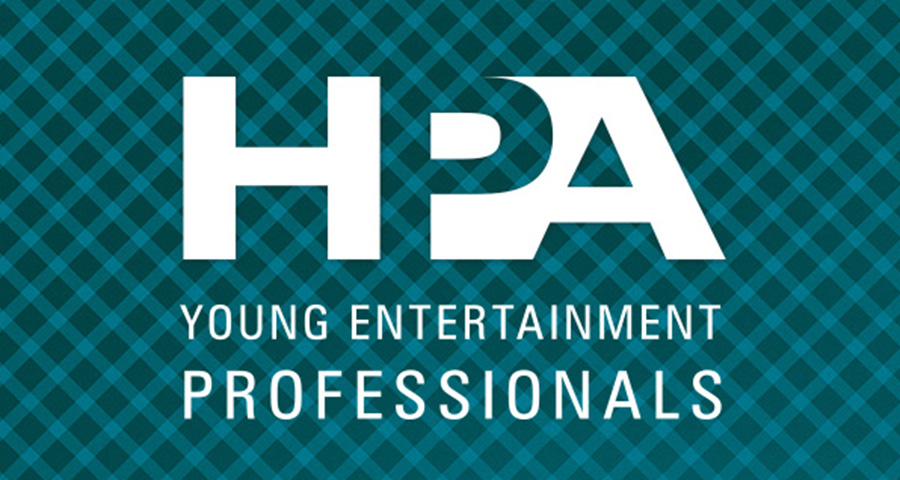Opportunities, Not Luck: What QTPOC In Film Really Need

By Diana Yip
In January 2019, I gave up my full-time job with a consistent income and health insurance to become a freelance scripted editor. I had six years of experience managing non-profit programs and working on documentaries. But even though I have always been engaged in storytelling, I still hadn’t found a position that aligned with my passion to share stories that bring comfort and acceptance to those who need it most. My goal was always to work in a field where I could make positive social change, and film was a medium that I felt confident could affect hearts and minds.
Growing up as the queer, Asian-American daughter of immigrant parents, I had never seen myself represented in mainstream media. Though my mother was wary of me having a career in the arts, I pursued film with a passion in order to uplift the voices of marginalized communities. For as long as I can remember, the excitement I feel when I see an Asian actor on screen quickly turns into disappointment when I realize that they’ve been cast as the nerd, the sidekick, or the joke. Seeing Asian representation in the media today that doesn’t rely on stereotypes, like Crazy Rich Asians, The Farewell, and Parasite, gives me that same excitement while validating my life and my history.
I attended a movie screening last year with a panel consisting of members of the post-production team, all white males. When asked if they had any advice for people who were trying to break into the industry, they said it was a matter of luck. This isn’t a surprising response, as many assistant editors and editors have said that it can take two to ten years to become an editor. It’s made clear very quickly to newcomers that it’s all about the people you know and who’s willing to give you a shot. All of these narratives can leave a person discouraged. According to a 2019 report by the Center for the Study of Women in Television and Film, only 22% of editors were women in the top 500 grossing films of the year. How is someone like me supposed to get from point A, working in nonprofits, to point B, working as a scripted editor?
A tiny voice in the back of my head told me to go home. But every time I heard that voice, I saw the stories of my mother, my grandmother, and my ancestors being forgotten. I saw the stories of people who look like me being kept in the dark. A stronger voice told me that giving up isn’t an option. Since freelancing, I’ve taken concrete steps to move my career forward as a scripted editor. I would be doing a disservice to myself and those who are on similar journeys if I reduced it all to “luck.”
I started off my journey at smaller digital production companies. When applying to larger companies, a majority of the time, they want applicants who already have experience with the big names, like Viacom, Sony, and Disney. I attended countless networking events, finding communities through HPA YEP, the JTC List, Brown Girls Doc Mafia, Women in Editorial, and Blue Collar Post Collective. I met people who shared my passion for diverse storytelling and these communities guided me through a maze of otherwise inaccessible opportunities. I took on additional editing gigs on top of my regular 10-hour a day freelance editing job. All this work didn’t go unnoticed, and soon I had an opportunity to work with BuzzFeed. Two weeks after that, I was offered a freelance position with Disney Digital.
Cut to June 2020, 83 days since Governor Newsom issued stay-at-home orders. Covid-19 is still rampant and the industry is still shut down. Pre-quarantine, I got enough hours to join IATSE Local 700, but now there are no union jobs. In between my fears of the pandemic, fighting for Black Lives Matter, and practicing self-care, I’ve been strategizing how to access training tools and technology to enhance my editing skills. I just finished a five day introductory course on DaVinci Resolve. As I’m already certified in Premiere Pro, I plan to take on Avid next, the software that many in post-production are adamant that I will need to know to be an ideal candidate for my dream job.
I am someone with many intersecting marginalized identities, and I do believe times are changing. I feel optimistic about the growing momentum to bring more diverse voices to creative and leadership roles. Currently, I’m working on multiple compelling scripted short projects that tell stories of people who happen to be queer and/or people of color. While some may attribute their accomplishments to luck, I attribute mine to hard work, my intention to tell untold stories, and my ability to collaborate with a diverse and passionate community.


